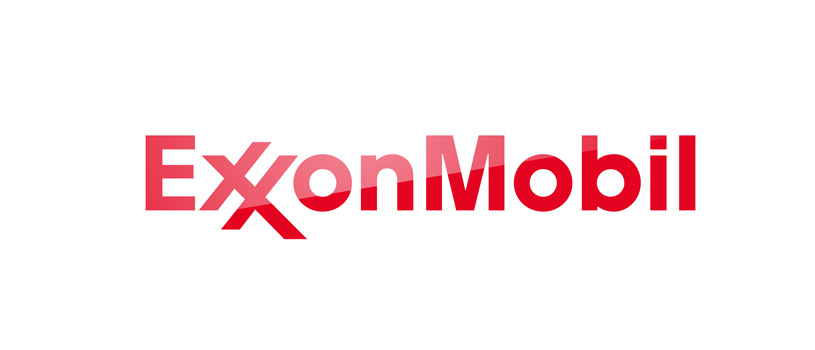The past year has been one of many challenges. It has been a very tough 12 months, and many people have been faced with great hardships. The oil and gas industry has been no exception. And the LNG business in particular experienced some major disruptions.
In the early part of the year, many countries implemented lockdowns resulting in a sharp decline in demand for LNG. The industry reacted accordingly by shutting down supplies and diverting cargoes. In the US, producers reduced production, and in July output rates stood at just 30pc of US capacity.
During this time, ExxonMobil made a point of reaching out to customers to ensure that their needs were being catered to and that any issues could be addressed swiftly and to mutual benefit.
Spot prices also experienced extreme volatility throughout the year. JKM prices, which were nearly $6.00/mn Btu in January 2020, reached a low of just over $2.00/mn Btu in July. But in December 2020 there was a bounce back to a price just short of $7.00/mn Btu. The lesson for the industry here would be that spot market volatility creates unsuitable conditions for major investment support. It would seem likely that future LNG liquefaction investments will continue to be underpinned by long-term offtake agreements. This in turn will provide security of supply and a predictability of price that is linked—via crude—to the broader energy prices.
The future role of gas
It is widely recognised that natural gas will continue to play a key role in the current and future energy mix. It is abundant and can help to reduce greenhouse gas (GHG) emissions quickly, at a large scale and in a cost-efficient manner. By replacing coal with natural gas for power generation, GHG emissions are reduced by up to 60pc, NOx by up to 90pc and particulate matter/SOx by up to 99.9pc.
Natural gas is also a great partner for renewables, providing a cost-effective solution to overcome intermittency of supply. Whenever wind or solar energy production is low, natural gas can step in at a moment’s notice and take their place in the power generation mix. Therefore, natural gas can support higher penetration of renewables and lower GHG emissions in the power sector by maintaining reliability, resilience and grid stability. LNG will be key to making this a reality in markets where pipeline gas it not available or affordable.
An affordable alternative
Within the appropriate policy framework, natural gas can be a lower-cost solution. This year demonstrated how affordable it can actually be, with the lowest prices seen for LNG in the past 15-20 years. We have already been observing a significant and positive demand response.
The fundamentals of the industry, however, remain unchanged; delivering LNG liquefaction, shipping and regasification infrastructure are multibillion dollar investments. The industry needs to continue to seek ways to reduce costs. To make these projects a reality, developers need to look for long-term predictable revenue streams to justify these investments.
Therefore, long-term sales agreements are essential to reducing financial and commercial risk. In the future, LNG’s affordability will remain a key driver as only the most cost-effective projects will be able to find customers.
Can additional LNG capacity achieve affordability?
More capacity will be needed to meet the growing demand. In this current business environment, capital investments across the industry are expected to be down from previous announcements. The big question will be whether the industry underinvests over the next 3-5 years and creates another low supply/high demand cycle.
2021: a brighter future
Despite the high levels of uncertainty that we are experiencing, we must remember that there will be a recovery. Growth in our society will continue. Demand for energy will follow and we will be there to meet that demand. We expect the LNG market to grow by 3-4pc per year to 2030 and potentially beyond.
More capacity will be needed to meet the rising demand, and the industry will continue to grow, change and adapt. Success will be driven by financial capacity, project execution and long-term productive relationships.
At ExxonMobil we are committed to meeting the demand for energy and we will continue to advance LNG for growth and brighter futures.
Alex Volkov is vice president, global LNG marketing, for ExxonMobil










Comments